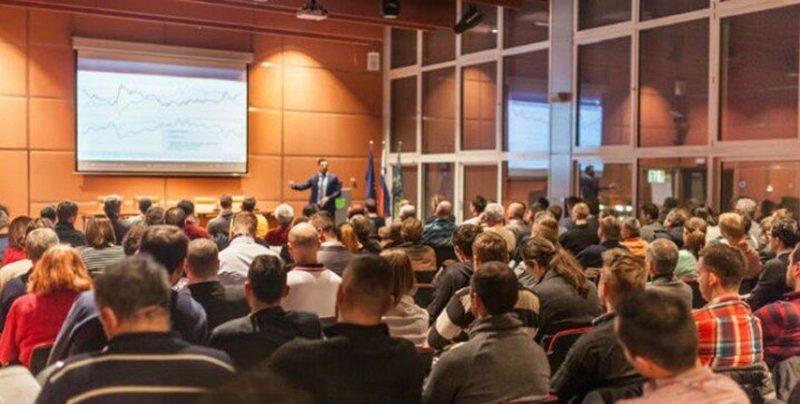The John Birch Society has produced millions of educational pieces across a spectrum of media. What’s housed online is only a fraction of what we physically have, but we are continuously adding to our online holdings. The archives go back a few years before Robert Welch founded the JBS. Our archives are available only to members as a membership benefit.

Frequent Questions
We recently merged JBSArchives.org into our main site network including JBS.org, ShopJBS.org and TheNewAmerican.com so you now have a single-sign-on for all JBS sites.
JBSArchives.org was using a different content management system until recently. That site was completely separate from other JBS websites, thus the password was unique to that site.
Use your ShopJBS.org login information to access the archives. You can log into all JBS websites with one user name and password pair. if you’ve never made a purchase at ShopJBS.org, then use your email address from the old archives site and reset your password.
If you’ve only dealt with the JBS offline to this point, please use the password reset on the right with the email address we have on file for you. We’ve done our best to import all our offline members into the system. If that email address doesn’t work, please contact customer service.